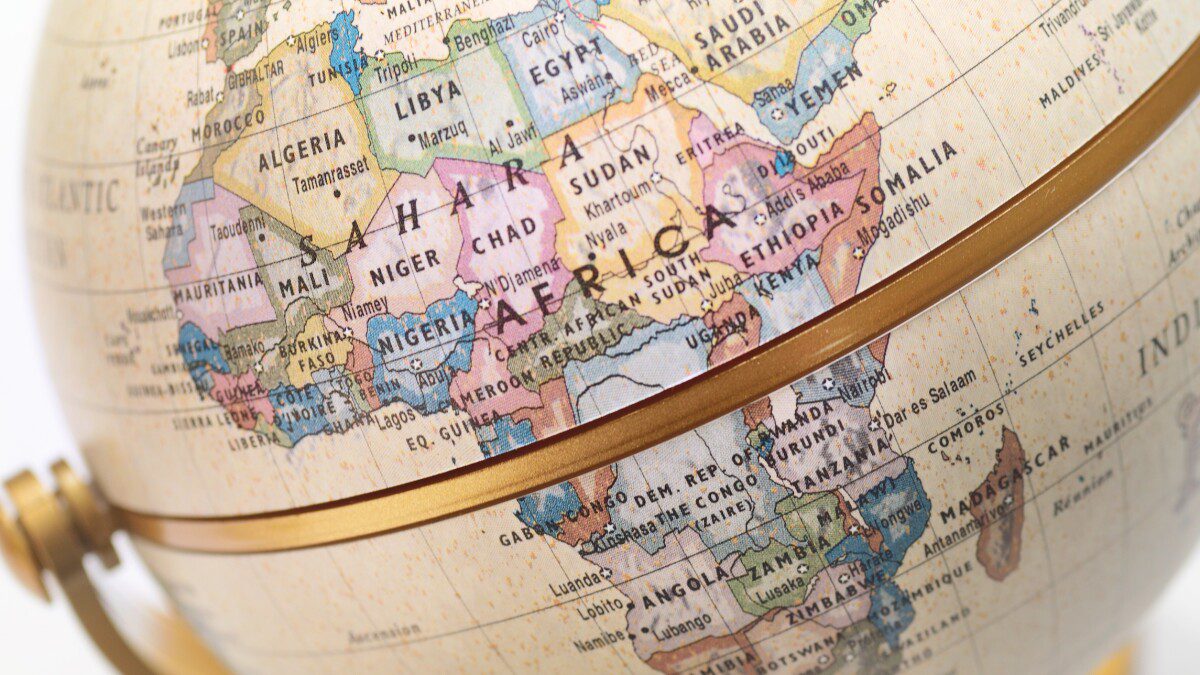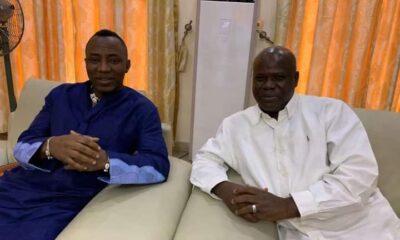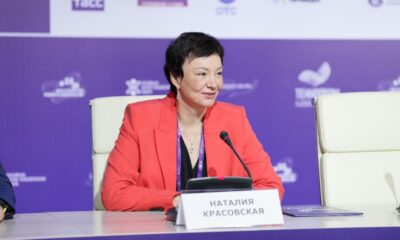Global Issues
Africa is a Continent and not a Country -By Kestér Kenn Klomegâh
What is under simple discussion here is that Russian officials oftentimes and frequently confuse “a continent” with “a country, nation and state” in speeches and reports. In geography, history and social studies at all schools throughout the world, teachers explain that Africa is a continent but not a country.

Russian officials are highly educated, but are often confused to make the difference between a continent and a country. Referring to dictionary definitions can help how to distinctive understand the meaning of these and how to use them in their official phrases and reports.
Any English dictionary gives the meaning and shows how to use them.
For example, Britannica and Webster dictionaries say “a country” is a distinct part of the world, such as a state, nation, or other political entity. It may be a sovereign state or make up one part of a larger state.
Both Britannica and Webster, additionally, explain that “a state, a nation and a country” are interchangeably used, but what is important to note is “it is a territorial entity, with a permanent population, defined borders, and a government that effectively controls the territory.”
What is under simple discussion here is that Russian officials oftentimes and frequently confuse “a continent” with “a country, nation and state” in speeches and reports. In geography, history and social studies at all schools throughout the world, teachers explain that Africa is a continent but not a country. In this context, Africa as a continent consists of or made up of 55 states or countries, and a state or a country is an individual entity.
Take for example: The first ship with 20,000 metric tons of Russian fertilizers on board sailed from a Dutch port to Africa on November 29. Does this mean sending 20,000 metric tons to entire Africa or just to one African country? This shipment is only meant for Malawi. The Russian fertilizes will be carried by sea to Mozambique and then delivered by land transport to Malawi.
Take for example: President Vladimir Putin said during the first Russia-Africa summit that “Russia has written off $20 billions of Africa’s debts to the Soviet Union” and that was an act of generosity.
What is noteworthy here is Moscow’s decision to write off African debts that were accumulated mostly through weapons and arms delivery to a number of African countries during the Soviet era. The politics of Africa’s debt write-offs has had historical chronology. Always referring to Africa’s debts et cetera. The simple question here is that not the entire Africa bought Soviet weapons and military equipment. How many African states bought military equipment from the Soviet Union? Records, however, show that some of these countries include Angola, Zimbabwe, Ethiopia, Benin, Tanzania and Zambia.
Reports from the Foreign Ministry generalizing that Russia is helping Africa with humanitarian food deliveries is completely wrong. Not the entire Africa is benefiting but a few countries.
There are too much generalization with diplomatic rhetoric and phrases, most probably to draw or solicit sympathy from Africa. With food supplies to Africa, it is necessary to specify African countries benefiting from this free delivery and humanitarian aid. It is not the entire Africa, of course not. With the fuss Russia-Ukraine crisis and about the food deliveries, these are going to Ethiopia, Sudan, Djibouti and Malawi.










